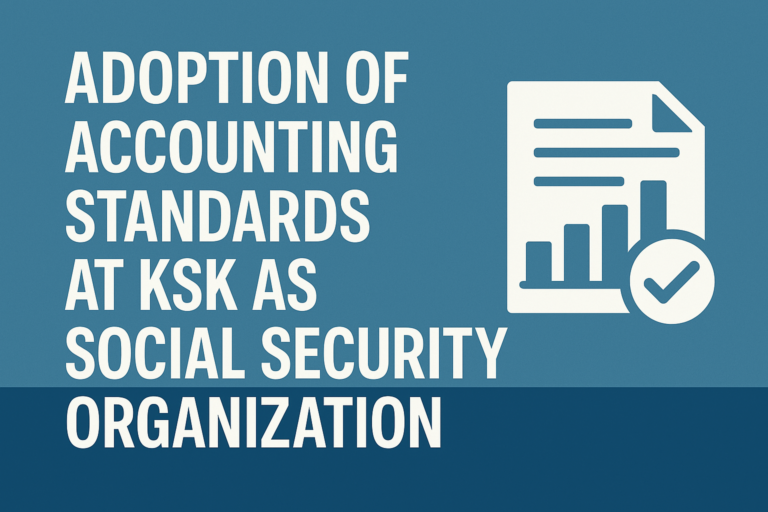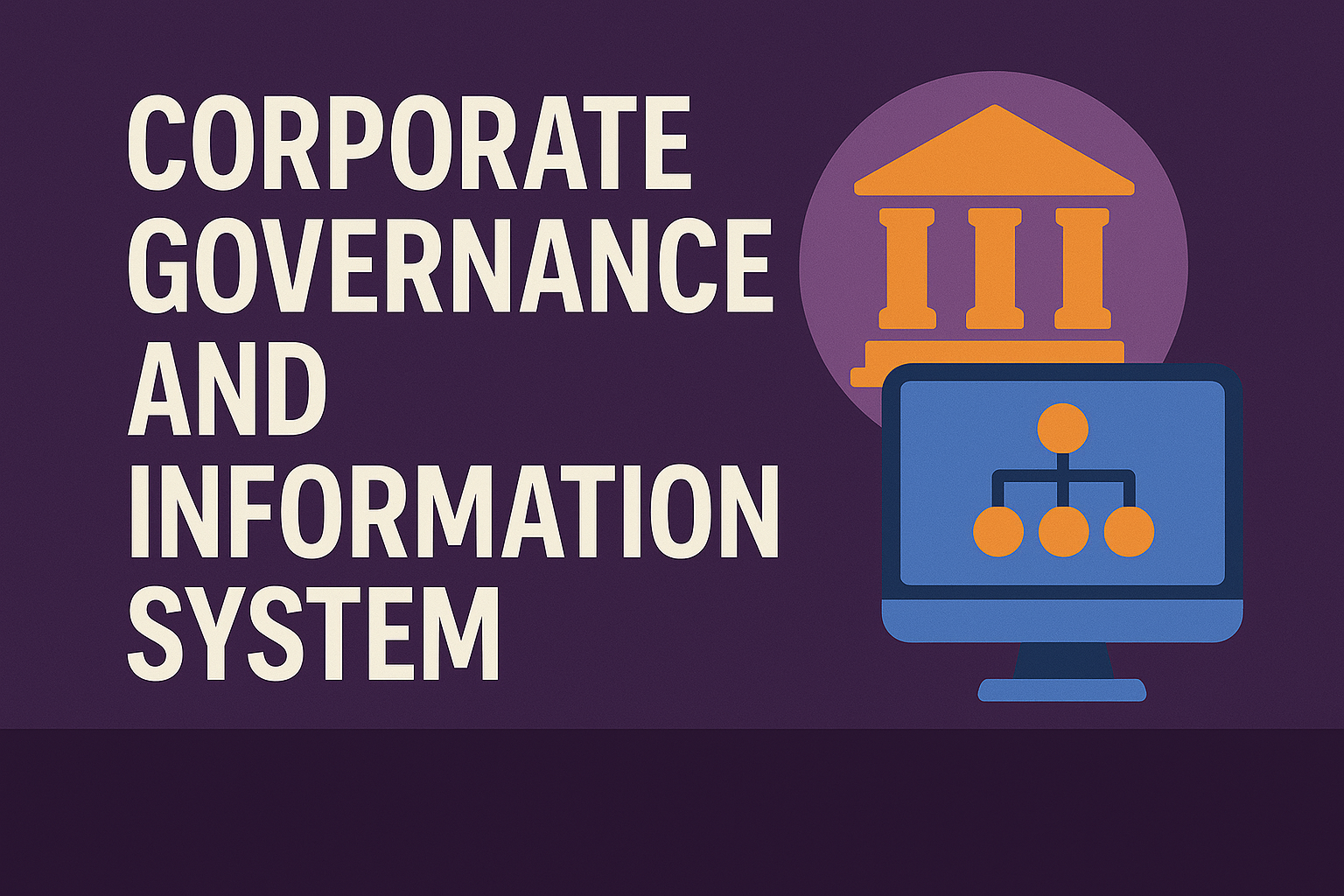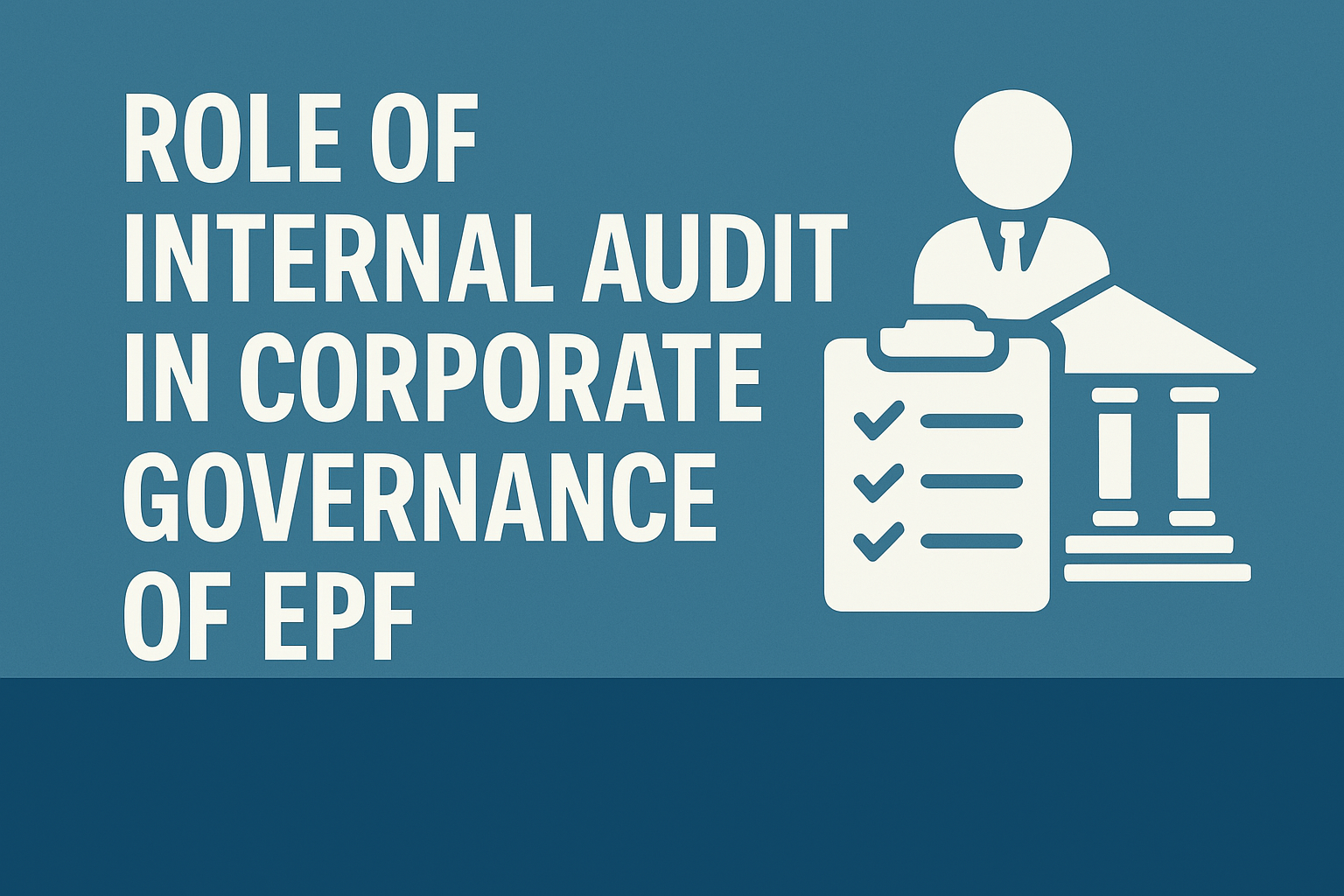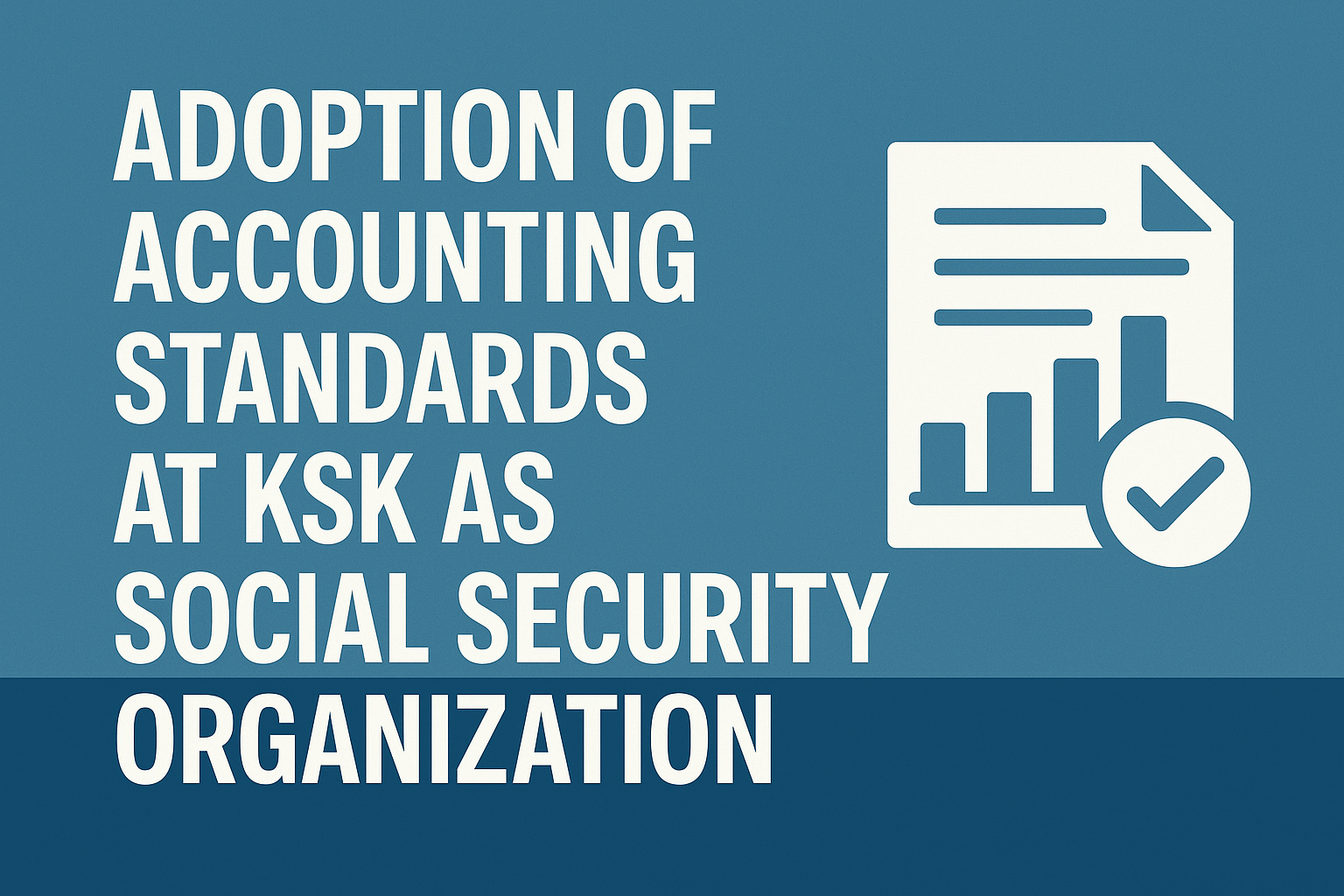Introduction
Though Luca de Pacioli is considered as the Father of “double entry” bookkeeping, accounting had already been accepted as the records, before his time 1494 A D. From 1086 to 1494 A D, records were not systematic and those which had been maintained were entirely for the purpose of bookkeeper himself.
Italian monk Luca de Pacioli officially introduced “double entry” bookkeeping in his Summa de Arithmetica, a compendium of mathematical knowledge. Pacioli based his work on procedures that had generally been used in Genoa, Florence, Milan and Venice since about 1350. Double entry bookkeeping made it easier for bookkeepers to detect errors and provided a fuller picture of business activity—a balance sheet along with an income statement.
The chapter on practical mathematics addressed mathematics in business. He said that the successful merchant needed three things: sufficient cash or credit, an accounting system that could tell him how he’s doing, and good bookkeeper to operate it. His accounting system consisted of journals and ledgers. It rested on the invention of double-entry bookkeeping. Debits were on the left side as the term “debit” meant, “the left”. The numbers on the right were named “credits”.
After Pacioli many authors and professionals had tried to formalize the discipline but the dream came true in 1854 AD after Scotland formally recognized the profession under the designation of “Chartered Accountants.”
The profession itself had spent more than 100 years for the standards of the discipline as the public awareness of generally accepted accounting standards caused the formation of the independent US Financial Accounting Standards Board in 1973 A D. The International Accounting Standards Committee “IASC” was formed in 1973 in London, as a result of an agreement by accountancy bodies in Australia, Canada, France, Germany, Japan, Mexico, the Netherlands, the United Kingdom, Ireland and the United States, and these countries constituted the Board of IASC at that time.
The International Accounting Standards Board (IASB) was assumed having the responsibilities of accounting standard-setting from its predecessor body, the IASC. This was the culmination of a restructuring, based on the recommendations on shaping IASC for the Future. IASB started to publish its Standards in a series of pronouncements called “International Financial Reporting Standards” (IFRS). It also adopted the body of Standards issued by the Board of the International Accounting Standards Committee (IASC). Those pronouncements continued to be designated “International Accounting Standards” (IAS). At the same time, other countries had their own rule-making activities. As the gray areas in accounting came to be covered by Rules/Standards, the flexibility of accountants to accommodate the differing practices of different countries disappeared. In this way, the bookkeeping and recording of “double entry” that started by Paciolai became the consistent language of accounting world with accepted standards.
Nepal Accounting Standards
With the establishment of Institute of Chartered Accountants of Nepal “ICAN”, under Nepal Chartered Accountants Act, 1997, and Accounting Standard Boards thereon, the consistent practices on accounting and auditing came into existence in country. The Accounting Standards Board (ASB) is an independent statutory body to have been setting the standards. Moreover, it has been entrusted to set standards on Public Sector Accounting “PSAS” from Nepal Government.
Accounting Standards Board has issued more then 25 standards including mandatory as well as voluntary since its establishment. The objective of Nepal Accounting Standards is to make the accounting and financial reporting in line with the International Financial Reporting Standards (IFRSs). It is added that the standards are applicable to all the “business reporting entities” which are defined as the entities responsible to provide the financial information to its users so that they can rely upon it.
Public Sector Accounting
International Public Sector Accounting Standards (IPSASs) is the regulatory body to set the public sector accounting standards. Before entering the accounting system, it will be worthy to know the term public sector and general purpose financial statements. Public sector refers to national/local governments and related governmental entities. General purpose financial statements refer to financial statements issued for users that are unable to demand financial information to meet their specific information needs. Therefore, these standards are to be used by public sector entities other then government business enterprises in general purpose financial statements.
Though the Public sector accounting standards set by IPSASB, the board of International Federation of Accountants (IFAC), are not adopted by Nepal Government; ICAN an independent institution having the responsibility to set standards within country has got the membership of IFAC which is really a positive sign to the profession. It is yet to see how ICAN could meet the expectation of profession in this regard.
Public-sector accounting is significantly different from that found in the private sector. In the private sector, the accounts are designed to report the level of profits achieved and retained. In the public sector, at least traditionally, the accounts compare actual payments and receipts with those which are planned before. Public sector accounting mainly focus on cash basis accounting but in recent years, the major debate in public-sector accounting has been over the changes which some countries have made from the cash basis to the accruals basis of accounting. This has also included a debate over whether the private-sector conceptual framework is appropriate for the public sector.
Karmachari Sanchaya Kosh: An organization for social security
As per the ISSA Constitution, “social security” means “any scheme or programme established by legislation, or any other mandatory arrangement, which provides protection, whether in cash or in kind, in the event of employment accidents, occupational diseases, unemployment, maternity, sickness, invalidity, old age, retirement, survivorship, or death, and encompasses, among others, benefits for children and other family members, health care benefits, prevention, rehabilitation, and long-term care”. It can include social insurance, social assistance, mutual benefit schemes, provident funds, and other arrangements which, in accordance with national law or practice, form part of a country’s social security system. Karmachari Sanchaya Kosh is an independent organization by statue which has been recognized in itself national level a provident fund. As being the social security organization it cannot overlook the benefits of the contributors while accounting but here are few questions which might not have simple answer as the flow of fund crosses 68,000 million and at the same time the institution having such huge fund, doesn’t have any regulatory body.
Whether or not the business reporting entity includes Public sector Enterprises, Nepal Government, Social Security Organizations etc? , Whether or not the organization having bookkeeping history of around 80 years, set up under the Act legislated in 1962 to be liable towards the standards set under the Act legislated 41 years back ?, Does an institution, established by separate legislated Act need to be liable to follow the standards set by the institution established under the legislated Act having similar status ?, Should Nepal accounting laws and regulations specify adoption of International Public Sector Accounting Standards which are applicable to social security organization ?, are some of the potential questions that we have tried to answer.
Karmachari Sanchaya Kosh, an organization under the International Social Security Association (ISSA) is responsible towards financial and then social security of more then 0.4 million contributors. As being a social security organization, it may not have stakeholders as large as in private institution. But the contributors, debtors, creditors and the staffs themselves are the user of the information to whom KSK should be responsible. Therefore, it may fall within the ambit of business reporting entity; hence the applicability of the standards is to be accepted.
Accounting standards are for relevant, reliable, neutral and comparable financial information. We are preparing for globalization which works its way through local economies via deregulation and modern market reforms; there is a need for the convergence of local financial reporting standards with International Accounting Standard (IAS). In such situation, the applicability of the accounting standards in Karmachari Sanchaya Kosh can’t be ignored. But, in order to achieve greater transparency worldwide as part of a wider Global Accountability Framework (GAF), the fundamental institutions of a modern market economy must be put in place before the convergence becomes effective. It is not only the question of the time of the legislated Act and the status of the legislative bodies but also the appropriateness of the standards in national as well as in international prospects.
Karmachari Sanchaya Kosh Act 1962 had been legislated so that the organization could ensure the social security and the financial security of the contributors. The facilities provided by Karmachari Sanchaya Kosh to its contributors are different from that of traditional financial institutions. Therefore such facilities shouldn’t be treated as that of commercial banks. There is not any regulatory body except Auditor General to some extent which could properly monitor but it does not mean that Karmachari Sanchaya Kosh should accept others which are regulating financial institutions nor be mandatory of all rules, bylaws, circulars etc overruling its own acts and rules for the only reason that it remains financial nature of transactions.
At last, it is said that in Nepal, double-entry system does follow Nepal Accounting Standards in cases of companies, but there is no provision for mandatory compliance of International Accounting Standards, except banks. Accounting Standards Board hasn’t set public sector standards, based on international norms. In such situation, the Auditor General should issue directives to state-owned enterprises and social security organizations like Karmachari Sanchaya Kosh to adopt Nepal Accounting Standards, applicable International Accounting Standards and International Financial Reporting Standards. At the same time relevant laws governing state-owned enterprises and social security organizations like Karmachari Sanchaya Kosh should be amended for adoption of these accounting standards.
Reference Materials:
Guinand, C. 2008. “The creation of the ISSA and the ILO”, International Social Security Review, Vol. 61, No. 1
Jack Le Moine. Copyright © Jack Le Moine CPA, PC
McKinnon, R. 2007. “Dynamic Social Security: A framework for directing change and extending coverage”, International Social Security Review, Vol. 60, No. 2/3.
McKinnon, R. 2004. “Promoting Social Security Worldwide: The Role of the ISSA”, International Social Security Review, Vol. 57, No. 3.




